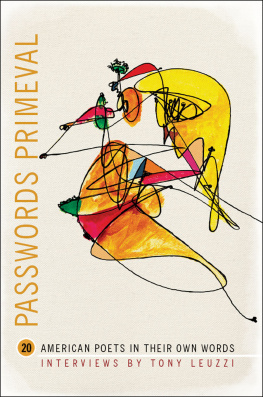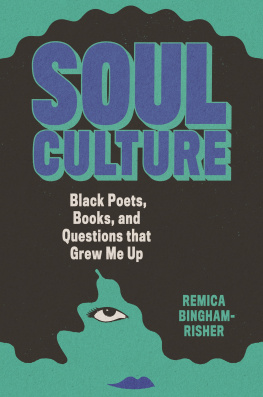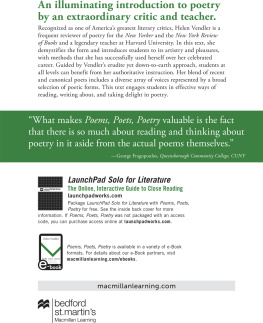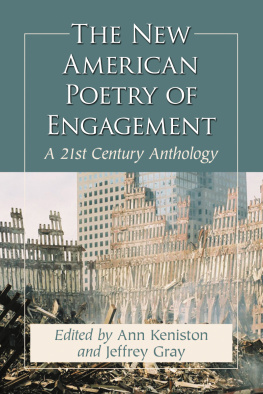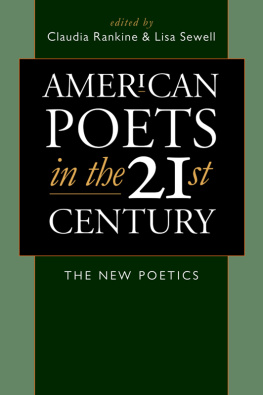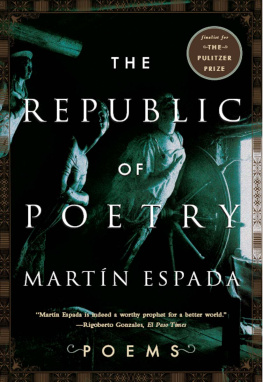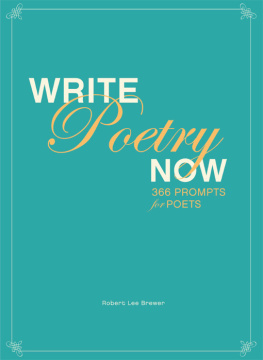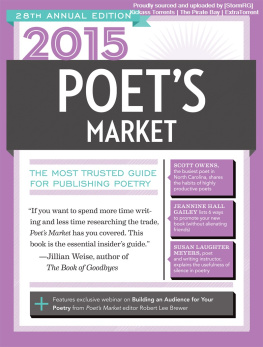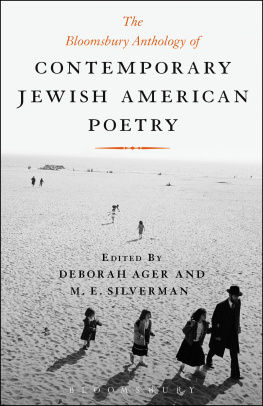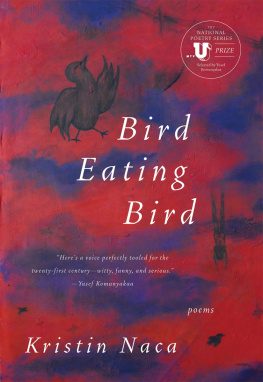
Copyright 2012 by Tony Leuzzi
All rights reserved
Manufactured in the United States of America
First Edition
12 13 14 15 7 6 5 4 3 2 1
For information about permission to reuse any material from this book please contact The Permissions Company at .
Publications by BOA Editions, Ltd.a not-for-profit corporation under section 501 (c) (3) of the United States Internal Revenue Codeare made possible with funds from a variety of sources, including public funds from the New York State Council on the Arts, a state agency; the Literature Program of the National Endowment for the Arts; the County of Monroe, NY; the Lannan Foundation for support of the Lannan Translations Selection Series; the Mary S. Mulligan Charitable Trust; the Rochester Area Community Foundation; the Arts & Cultural Council for Greater Rochester; the Steeple-Jack Fund; the Ames-Amzalak Memorial Trust in memory of Henry Ames, Semon Amzalak and Dan Amzalak; and contributions from many individuals nationwide. See Colophon on for special individual acknowledgments.

Cover Design: Sandy Knight
Interior Design and Composition: Richard Foerster
Manufacturing: McNaughton & Gunn
BOA Logo: Mirko
Library of Congress Cataloging-in-Publication Data
Leuzzi, Tony.
Passwords primeval : 20 American poets in their own words : interviews / by Tony Leuzzi. 1st ed.
p. cm. (American readers series ; 18)
ISBN 978-1-934414-95-8 (pbk. : alk. paper)
1. American poetry21st century. 2. Poets, American21st centuryInterviews. 3. PoetryAuthorship. I. Title.
PS617.L48 2012
811'.608dc23
2012014240
BOA Editions, Ltd.
250 North Goodman Street, Suite 306
Rochester, NY 14607
www.boaeditions.org
A. Poulin, Jr., Founder (19381996)
for Jessica, Peyton, Sophie and Stephanie;
the poets included herein;
and Ai and Rane Arroyo, who should be here
INTRODUCTION
Someone once asked Robert Frost to explain one of his poems, and Frost said, Oh, you want me to say it worse?!
Billy Collins, October 10, 2011
Robert Frost didnt like to explain his poemsand for good reason: to explain a poem is to suck the air from its lungs. This does not mean, however, that poets shouldnt talk about their poetry, or that one shouldnt ask questions about it. Rather, it suggests that any discussion of poetry should celebrate its ultimate ineffability and in so doing lead one to further inquiry. I think of that wonderful scene from Elie Wiesels memoir, Night, where Mosche the Beadle of the local synagogue, in dialogue with the young, precocious author, explains: Every question possesses a power that does not lie in the answer. It is my hope that the discussions in Passwords Primeval: 20 American Poets in Their Own Words illuminate these poets and their poems in such a way that one may access valuable insights into the magic and mystery of their works, and be compelled to ask more questions.
Each poem is an instance of possession, Robert Glck confides. When you read someone in a deep way your thoughts and your rhythms are taken over. After six years of intense reading and serious engagement with the works of these writers, Ive come to understand Glcks words in ways even I could not predict. While sequencing the discussions for this book, I realized certain relationships between a number of the writers that were previously obscured by my knowledge of movements and schools. Bin Ramke and Scott Cairns may hold vastly different aesthetic notions but many of their poems are shaped by an intimate knowledge of scripture; Arthur Sze and Nathalie Handal possess very different artistic temperaments, yet they both understand the complex ways in which world and national literatures inform each otherand how, in fact, the distinctions between them are ever shifting; Glck and Carol Frosts views on narrative may at first seem oppositional, yet some of their statements about it are surprisingly similar. These are just a few examples.
But the most conspicuous and pervasive commonality among these poets is a shared respect for and allegiance to the father of American poetry, Walt Whitman, with whom many in these pages have come to terms. Gary Young says, Whitmans propulsive verse was one of the catalyzing agents that led me toward a notion of a horizontal poetry. Michael Waters cites Whitmans blab of the pave, in which colloquialisms, slang and vulgarity are accepted into poetic utterance, as an influential strategy for contemporary poets. Martn Espada credits Whitman with establishing the traditions of political poetry and radical democracy in Anglo and Latin American letters, traditions that Espada, Gary Soto, and Handal have absorbed through Pablo Neruda and others. Gerald Stern acknowledges his Whitmanlike tendency to embrace everything. Mark Doty is one of countless authors working on a book about Whitman. Kevin Killian embodies Whitmans inclusiveness, and like Whitman, finds inspiration in the low as well as high elements of the culture. Whitmans presence was so pervasive in these discussions that, midway through the process, I realized that through him I could tie the collection together. Not surprisingly, then, a passage from Song of Myselfalluded to by Espada in our discussionfurnishes this books title:
I speak the pass-word primeval, I give the sign of democracy,
By God! I will accept nothing which all cannot have their counterpart of on the same terms.
Indeed, all the poets in Passwords Primeval speak their passwords to mysteries linked with the worlds oldest secrets. Perhaps the greatest of these involves our own mortality. Whitman certainly thought so. In Out of the Cradle, Endlessly Rocking he calls death, The word final, superior to all. With forceful candor, Billy Collins echoes that sentiment when he says, The theme of my poetry is basically me... and death. Dara Wier is a bit more philosophical: We are all in the same boat when it comes to the fact that we are creatures with an expiration date. The fact that we are still able to have love in our lives and are sometimes happy is all mixed together with this knowledge of our eventual death.
Ultimate though death may be, it is not the only mystery the poets in Passwords Primeval explore. Jane Hirshfield contends, What you see in the development of poetry over the millennia is an ever-widening range of subjects being investigated in ever-widening ways... the thrill is not only beautiful speech, but beautiful speech that makes a discovery. Related to Hirshfields notion of discovery is what Soto apprehends as the search for truth beyond words: There is something symbolic groping underneath the language in a poem, he says. No matter how transparent or opaque that language may be, poets and readers of poetry must attune themselves to the deeper questions nesting beneath a poems surface. Some poets set out in search of large questions. Others find answers in their own familiars: I think we spend so much time looking for the huge answers right in front of us, Patricia Smith says. We think theres an answer that comes from high up that will trickle down to us and solve everything. It doesnt exist.

